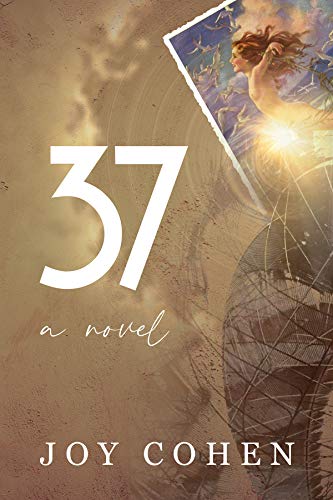37
In 2007, reporter Polly Stern, tasked to write articles about the changing Vermont economy, stumbles across the VYCC, a resurrected program from Roosevelt’s 1930s New Deal, the CCC. Her subsequent article, “Three Cs,” recounts the story of Emma Hale, a disenfranchised foster child given a reprieve from juvie by an astute judge, an eight-week stint at Mt. Ascutney Wilderness Camp. There, amongst other outcasts and misfits, she learns teamwork, survival, and appreciation of the manual labour FDR enlisted to build infrastructure, such as the bridge under which she finds a mossy rock carved with the names of three men, along with the date, October 1937.
So, we enter Polly’s 37 mindset, stories of identity―individual and universal. A sojourn to Sosúa, a community which sprang from dictator Trujillo’s encouragement of displaced Jews (after his massacre of 25,000 Haitians) to whiten Dominican bloodlines. The cancellation of photographic coverage of trials; The Hobbit; Amelia Earhart’s disappearance; the Dani of Papua, New Guinea before white men came; the Peel Commission’s partitioning of Palestine; André Blum’s appointment as first Jewish Prime minister of France; the Majadahonda Monument; phrenology charts showing 37 different skull regions, a quasi-science used to determine racial inferiority; Tibetan Year of the Fire Ox; the Hindenburg disaster; the Golden Gate Bridge and on and on. Cohen unites Polly’s stories to ask time-honoured philosophical questions.
Throughout her quantum wanderings and discovery of her own identity, Polly wonders what it is that connects us―kismet, karma, fate, destiny, bershert―call it what you will, but those things can also disconnect us from our stories, our universal mosaic. A thought-provoking literary achievement which will leave you reflecting how our experiences mesh together and if they are something far more than chance.










